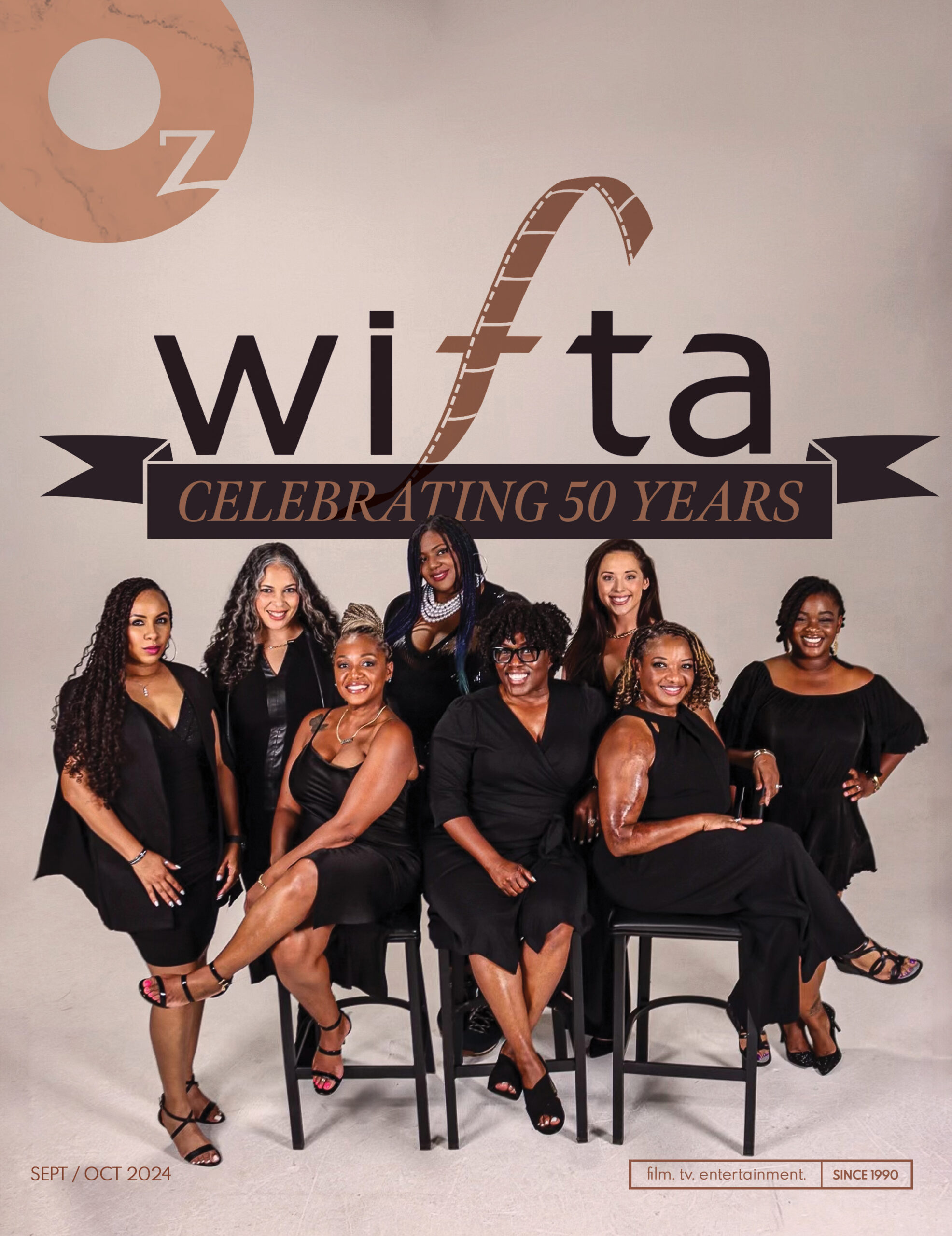

The decision to hold the Democratic presidential debate at a film studio in southwest Atlanta was a victory for both the city and the celebrated moviemaker who wants to cement Georgia’s reputation as an alternative to Hollywood.
The $250 million Tyler Perry Studio will welcome the top Democratic presidential candidates on Nov. 20 and the attention of the political world after it beat out a push from several suburban sites, including a posh new performing arts center in Sandy Springs.
The debate’s co-hosts, MSNBC and The Washington Post, confirmed the setting of the event Monday, triggering a jubilant reaction from Georgia Democrats. State Sen. Nikema Williams, the chairwoman of the state party, said the pick reflects “the promise of Georgia’s future by elevating economic opportunity and our diverse voices.”
The studio formally opened in early October with a star-studded red carpet event that welcomed Halle Berry, Spike Lee, Oprah Winfrey and other A-List celebrities to the facility, built on 330 acres of land at Fort McPherson that Perry purchased in 2015.
It is the only major film studio owned by someone who is African American, and it features 12 soundstages and an array of sets for Hollywood producers to rent — including a trailer park, a suburban utopia, a rural diner and a White House replica.
‘Calm down’
For Perry, the transformation of land where Confederate soldiers once trained into a complex with stages named after legendary black actors and directors sometimes makes him emotional. He told The Atlanta Journal-Constitution that he hopes it is “an inspiration for everybody else.”
The decision came weeks after Perry waded into political territory he had sought to avoid. Dozens of actors, producers and others in the film industry had forcefully condemned anti-abortion legislation that narrowly passed the Legislature this year, but Perry had resisted taking a stance on the issue.
His silence stood out because he’s the most prominent Atlanta-based figure in the movie business, since transforming himself from a struggling playwright living out of his car in his 20s to an actor, director, developer and film mogul with ties to the Hollywood elite.
Perry’s approach changed in September when he voiced his opposition to the measure, House Bill 481, and his position was welcomed by many in the industry. He told the AJC the reason for the delay was because he “didn’t feel it was time to talk about it” shortly after it passed.
“Sometimes you have to take a step back, calm down, wait a minute and see what happens and see how this goes,” he said.
There may have been another reason for his reluctance. Gov. Brian Kemp, who championed the law, has the authority to tap several members of the state board that oversees the other 145 acres of Fort McPherson. Perry has previously expressed interest in buying that land.
The ‘cornerstone’
It was also a win for Atlanta Mayor Keisha Lance Bottoms, who made a case that last year’s close midterm elections combined with next year’s dual U.S. Senate races should land Georgia a turn in the debate spotlight.
She aggressively lobbied national party leaders to locate the debate in Atlanta rather than the suburbs, where some officials hoped the showdown could help illuminate the recent Democratic gains in conservative-leaning territory.
“With people of color being the cornerstone of the Democratic Party, Atlanta remains set to provide a large portion of votes for our eventual nominee,” she wrote in one pitch to the Democratic National Committee, a reminder that African Americans made up roughly 60% of primary voters in the 2018 vote.
With Bottoms’ help, the studio beat out competition from City Springs, a mixed-use development that features a 1,070-seat three-level theater. Some of the suburb’s officials vented frustration after they were told the site was no longer in the mix.
Bottoms, meanwhile, was quick to thank national Democrats for picking Atlanta over rival locales.
“The fact that this will be hosted on an old Confederate army base, built by slaves, and now owned by an African American man, speaks to all our country has been, all that it is, and all that it can be,” she said.
Read the original article in the AJC, here.






